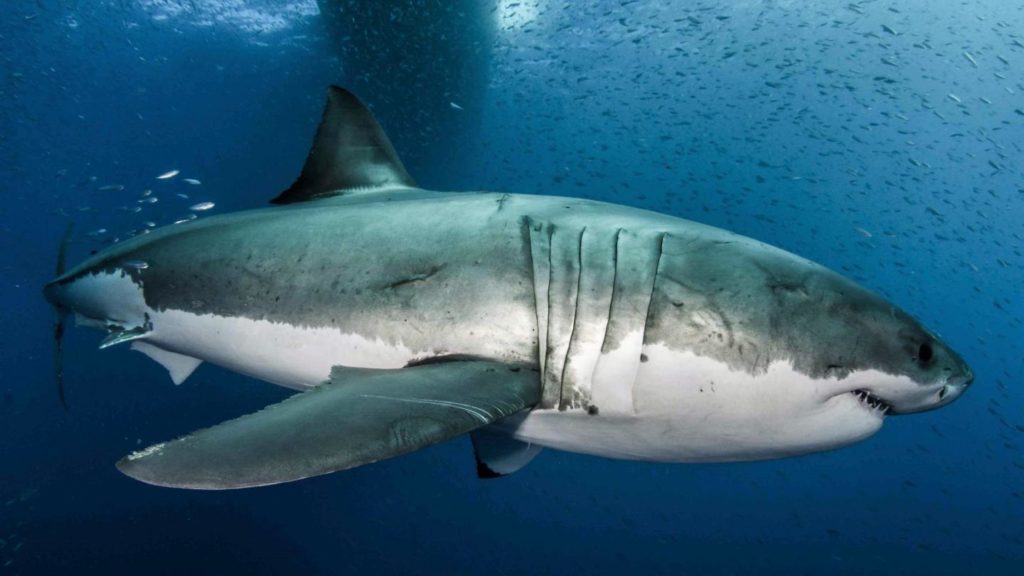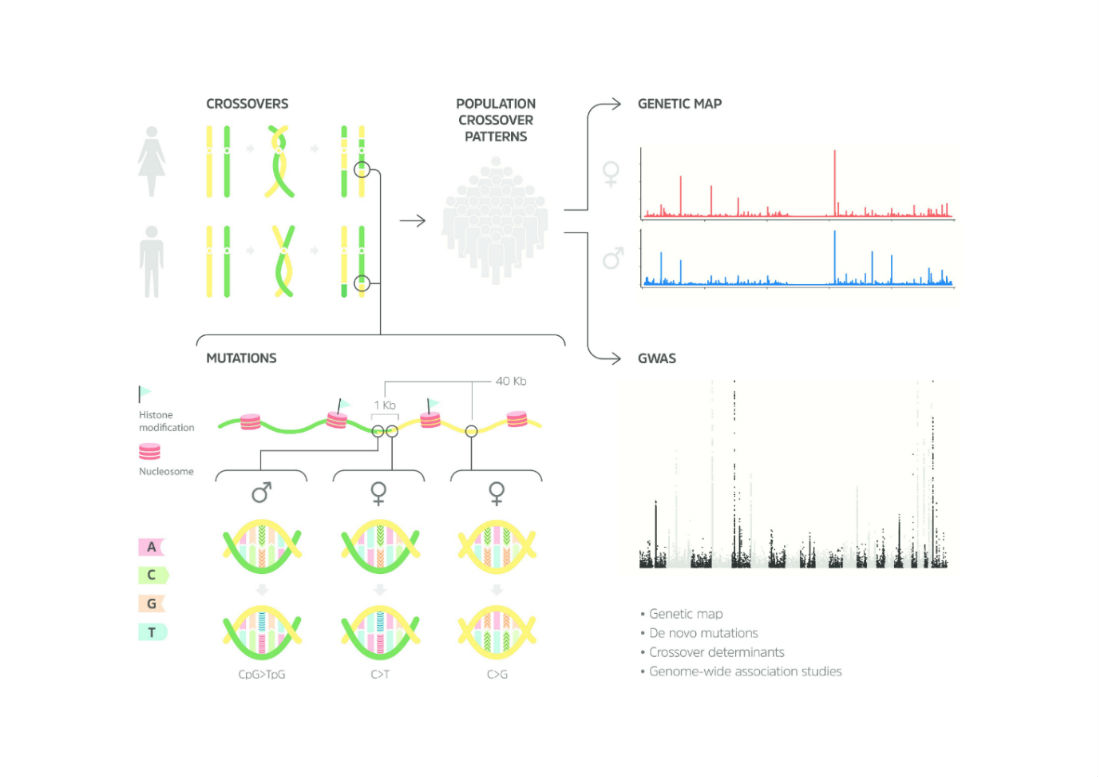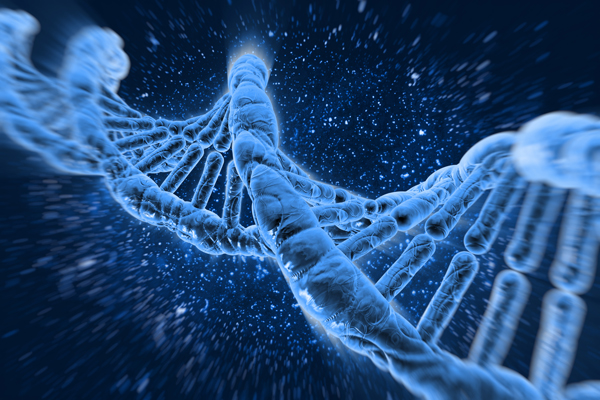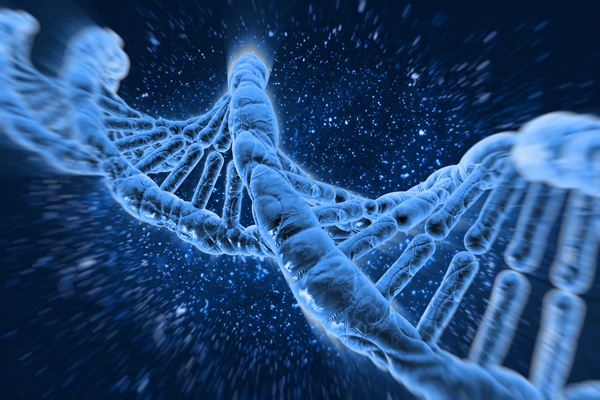If you’ve ever seen any Jaws movies, you know not to mess with the great white shark. New research says there is more reason to be in awe of these predators: their DNA makes them resilient to diseases like cancer.
A collaborative research team from Nova Southeastern University, Florida, California State University, Cornell University College of Veterinary Medicine, University of Porto, Portugal and others published their findings in PNAS.
“Decoding the white shark genome is providing science with a new set of keys to unlock lingering mysteries about these feared and misunderstood predators – why sharks have thrived for some 500 million years, longer than almost any vertebrate on earth” said Dr. Salvador Jorgensen, a Senior Research Scientist at the Monterey Bay Aquarium, who co-authored the study.
Comparative genomics helps to identify similarities and differences between organisms that go beyond their appearances and behavior. For example, approximately 60 percent of genes are conserved between Homo sapiens humans and Drosophila melanogaster (fruit fly). How close might the Carcharodon carcharias (great white shark) genome be to the Homo sapiens genome?
The team found that the great white shark’s genome was one-and-a-half times bigger than the human genome, comprising long stretches of repeated DNA. Thirty percent of it consisted of special types of transposons, DNA sequences capable of changing positions within the genome.
They also noted key mutations in DNA that are related to rapid wound healing, genomic stability and capacity for DNA repair. These mutations meant that the great white’s genome had a higher tolerance for damage that would normally lead to disease like cancer in humans.
This is counterintuitive since cancer risk is correlated with body size and lifespan. That is, more sequences of repeated DNA increase the chances of mutations and mutations accumulate over time. Yet, great whites have very low rates of cancer, as do other animals such as elephants, bowhead whales and naked mole rats, the latter of which live to nearly 30 years of age.
These findings suggest that the great white’s DNA might have evolved and adapted to become resilient to DNA damage. Scientists can potentially use this knowledge to prevent and treat human disease.
“There’s still tons to be learned from these evolutionary marvels, including information that will potentially be useful to fight cancer and age-related diseases, and improve wound healing treatments in humans, as we uncover how these animals do it,” said Dr. Mahmood Shivji, co-leader of the study.
As more people live longer and face more chronic disease, there is a greater need to better understand and protect the human genome. On January 1, 2019, a Collaborative Research Center was formed in Germany to investigate the mechanisms that govern DNA repair and genome stability. In April 2018, American pharma company, Eli Lilly, acquired AurKa Pharma, which specializes in developing anti-cancer drugs derived from enzymes that regulate genome stability. A phase I clinical trial evaluating the safety and efficacy of AK-01, their flagship compound, is scheduled to complete by the end of this year.
Decoding the great white shark’s genome is like finding treasure buried deep in the sea. Perhaps a deeper dive into the ocean will reveal more hidden treasure in the genomes of other sea creatures.
For now, people will hopefully appreciate that great white sharks are more than just fearsome predators.
“Decoding the white shark genome will also assist with the conservation of this and related sharks, many of which have rapidly declining populations due to overfishing,” said Steven O’Brien, a conservation geneticist at NSU, who co-conceived this study. “The genome data will be a great asset for understanding white shark population dynamics to better conserve this amazing species that has captured the imagination of so many.”












Join or login to leave a comment
JOIN LOGIN